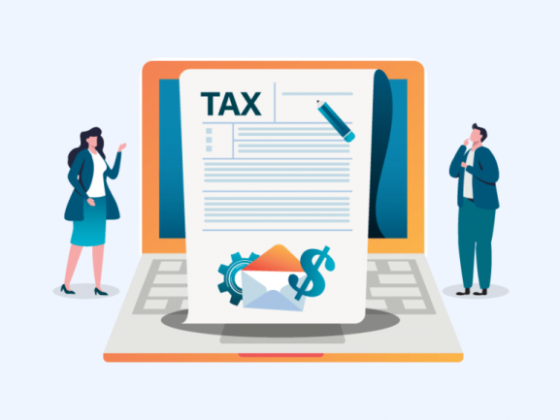If your debt is piling up and you feel increasing pressure as a result, you may be wondering if it’s time to declare bankruptcy. Even if your obligations are not that big, your inability to pay back can be the issue. So, how much is enough to file for bankruptcy? Does bankruptcy let you Press The Restart Button and start over with a clean slate?
Under bankruptcy laws, you don’t need to have incurred a specific amount of debt to be able to file for bankruptcy. Whether or not bankruptcy is right for you depends on your circumstances.
When Is it Right to File for Bankruptcy?
Although there’s no amount required to declare bankruptcy, the debt amount is an important consideration when filing. It may be time to file for bankruptcy if you cannot repay the debt without declaring bankruptcy, your creditors are not willing to work with you, and you cannot discharge the kinds of debts you have.
Can Bankruptcy Eliminate Debts?
You must understand that debts come in many forms and bankruptcy cannot discharge some kinds of debts. These debts include domestic support obligations, student loans, tax debts, debts accumulated through criminal activity, and debts incurred because of fraudulent acts.
Should You File for Bankruptcy?
When to declare bankruptcy depends on your circumstances and the kinds of debts incurred. When you make a bankruptcy-related decision, make sure to consider the following:
- Secured and unsecured debts. If you have a home or car loan, it may be time to declare bankruptcy. The filing allows you to keep your property and you can make repayments within a period of 3-5 years at a reduced interest rate. Meanwhile, if you have unsecured debts such as credit card debt, medical bills, and payday loans, you can also file for bankruptcy.
- Employment situation. If you are jobless and cannot keep up with your debt payments, you can be eligible for bankruptcy which can discharge some unsecured debts you have incurred.
- Ability to pay court costs. To be eligible for a debt discharge, ensure you can pay the court costs like the filing fee, education courses, and attorney fees. Filing for bankruptcy won’t eliminate these fees.
Sometimes, no matter the amount of debt you incurred, filing for bankruptcy still makes sense. This is the case when you cannot pay back your debt and your creditors are pursuing you. Your creditors may be suing you, garnishing your wages, or looking to repossess your properties.









